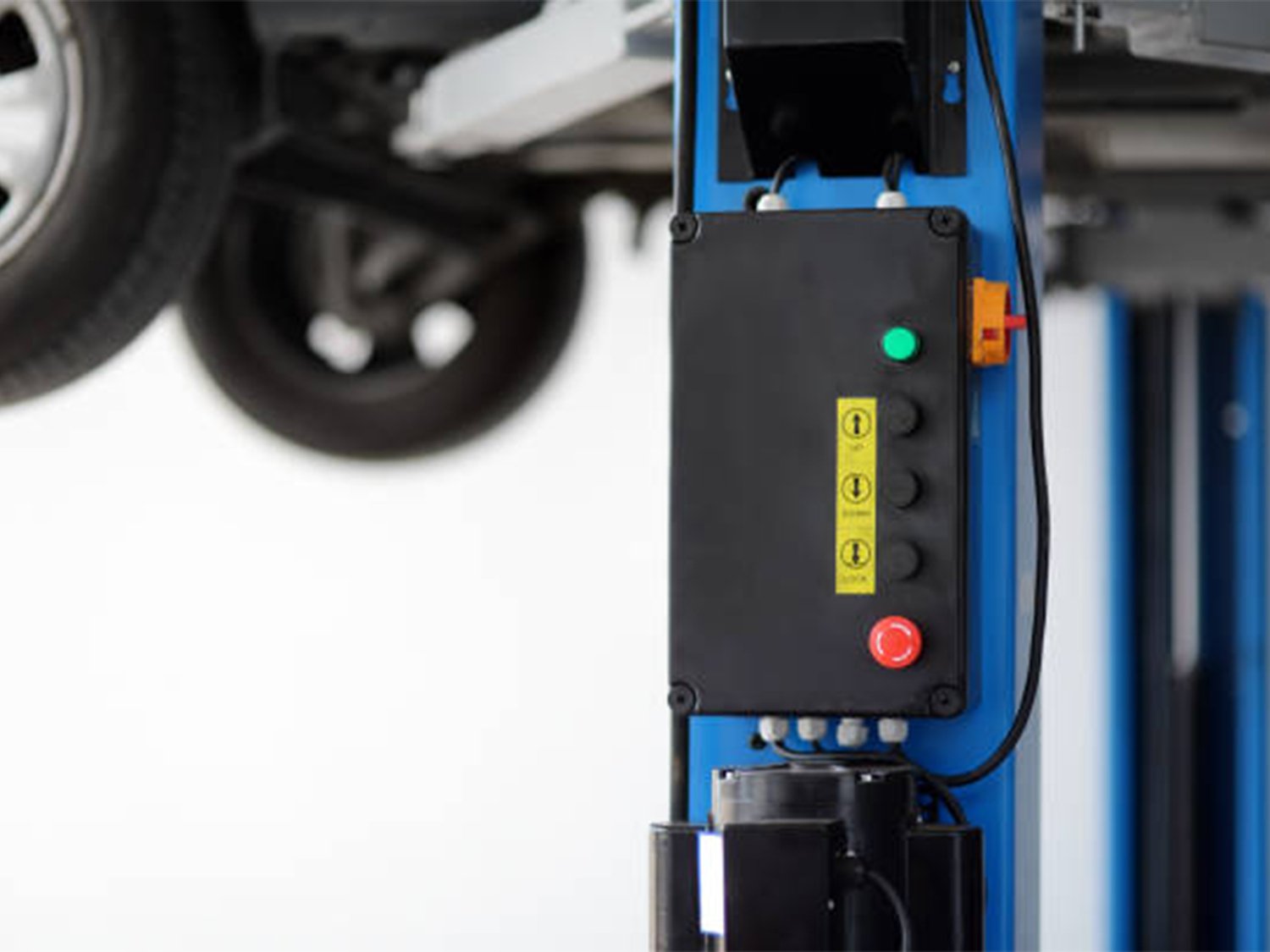Maximizing Efficiency with a Scooter Battery Management System
A scooter battery management system (BMS) is a crucial component that plays a significant role in optimizing the performance and extending the lifespan of electric scooters. This advanced electronic system not only manages the charging and discharging of the battery but also ensures its safety, reliability, and longevity. In this article, we explore the various aspects and benefits of a scooter battery management system.
1. Understanding the Scooter Battery Management System
The scooter battery management system is an intelligent electronic module that monitors and controls the charging and discharging processes of the battery pack. It consists of various components, including a microcontroller, voltage and current sensors, temperature sensors, and communication interfaces. These components work together to regulate the power flow, prevent overcharging and over-discharging, and safeguard the battery from potential risks.
2. Overcoming Charging Challenges
One of the primary functions of a scooter battery management system is to overcome the challenges associated with charging electric scooter batteries. It monitors the battery voltage, current, and temperature, ensuring that the charging process is efficient and safe. With its precise control algorithms, the BMS prevents overcharging, which can damage the battery, and also avoids undercharging, which can reduce its capacity and overall performance.
3. Enhancing Battery Performance and Longevity
A well-designed scooter battery management system can significantly enhance the performance and longevity of the battery. By carefully monitoring the battery's state of charge, temperature, and other parameters, the BMS can optimize the battery's charging and discharging cycles. This optimized operation helps reduce stress on the battery cells, thereby minimizing degradation and extending the overall lifespan of the battery pack.
4. Ensuring Battery Safety
Battery safety is of utmost importance, especially in electric scooters, where the battery is often exposed to various environmental conditions and usage patterns. A scooter battery management system incorporates safety features such as overvoltage protection, undervoltage protection, short circuit protection, and temperature monitoring. These features prevent potential hazards, such as battery overheating or overcurrent, ensuring the overall safety and reliability of the electric scooter.
5. Balancing Battery Cells
In a battery pack, individual cells may have slight variations in their capacity and voltage levels. These variations can lead to imbalanced charging and discharging, causing certain cells to become overcharged or over-discharged. A scooter battery management system employs cell balancing algorithms to distribute the charge evenly among the cells, promoting uniform cell aging and improving the overall performance and capacity of the battery pack.
6. Real-time Monitoring and Diagnostics
With a scooter battery management system, real-time monitoring and diagnostics become possible. The BMS continuously collects data on battery parameters, such as voltage, current, and temperature. This data can be remotely accessed and analyzed, allowing users to identify potential issues or anomalies in the battery's performance. Such proactive monitoring enables timely maintenance and prevents further damage or premature failure of the battery pack.
7. Improving Energy Efficiency
Energy efficiency is a critical aspect of electric scooters, as it directly impacts their range and overall performance. A scooter battery management system optimizes the energy utilization by regulating the charging and discharging processes. By preventing energy losses due to overcharging, undercharging, or inefficient power flow, the BMS ensures that the scooter utilizes the battery's capacity effectively, leading to improved energy efficiency and extended range.
8. Seamless Integration with Electric Scooter Systems
A scooter battery management system is designed to seamlessly integrate with the overall electric scooter system. It can communicate with other components, such as the motor controller or display panel, exchanging relevant information and ensuring coordinated operation. This integration enhances the overall performance and reliability of the electric scooter, providing a smooth and enjoyable riding experience for the users.
9. Adapting to Future Technological Advancements
As technology continues to evolve, so does the scooter battery management system. Manufacturers are constantly improving the BMS to adapt to emerging battery technologies and evolving user requirements. Advanced BMSs now support features like regenerative braking, predictive maintenance, and wireless communication for firmware updates. These advancements ensure that electric scooters equipped with the latest BMS technology remain at the forefront of performance, safety, and efficiency.
10. Conclusion
A scooter battery management system is a vital component that enhances the performance, safety, and longevity of electric scooters. It overcomes charging challenges, optimizes battery performance, ensures safety, balances battery cells, enables real-time monitoring and diagnostics, improves energy efficiency, and seamlessly integrates with the electric scooter system. By investing in a scooter with an advanced BMS, riders can enjoy a more efficient, reliable, and enjoyable electric scooter experience.

